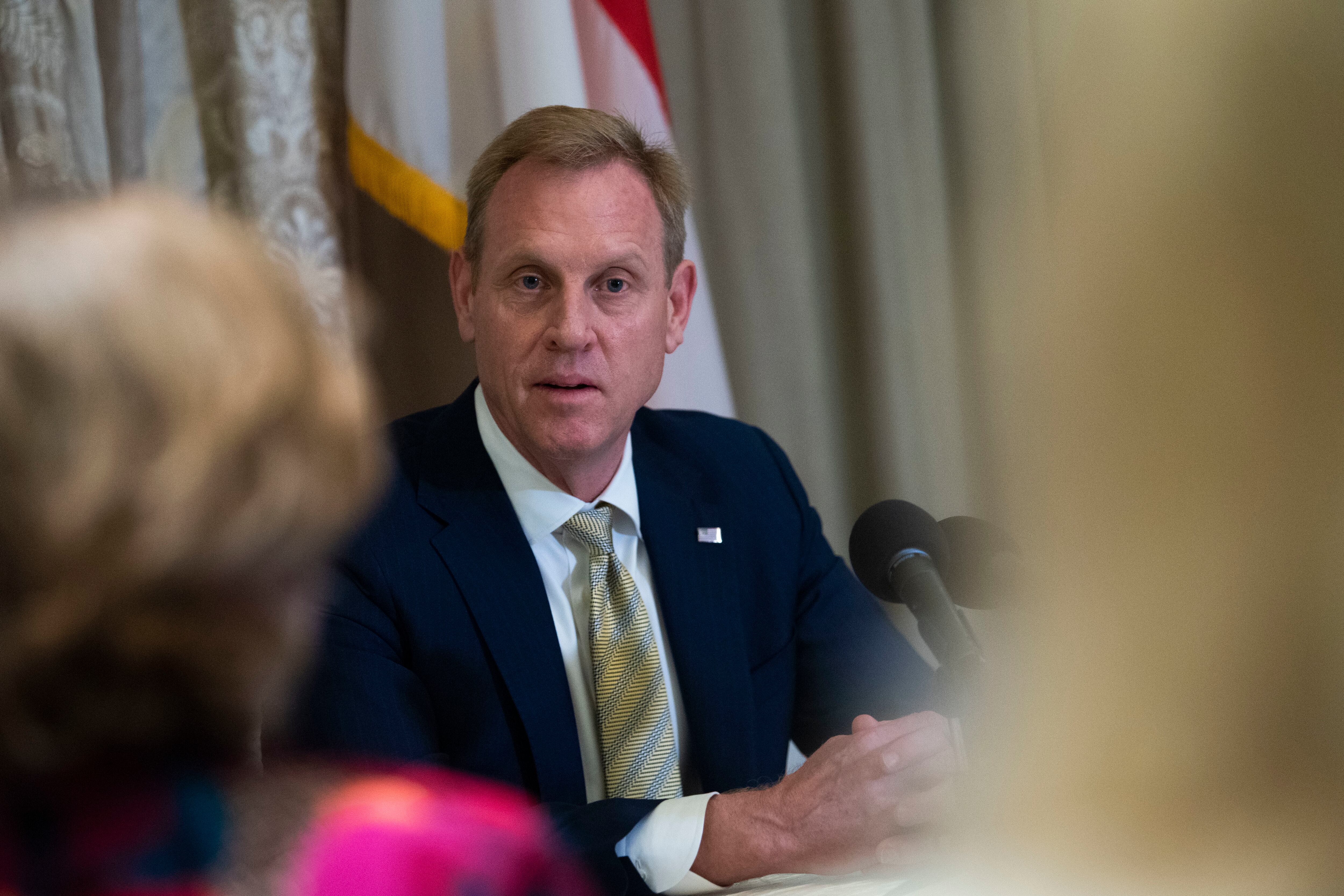SINGAPORE — China’s defense minister has taken aim at U.S. activity in the South China Sea and with Taiwan, while defending Beijing’s own ongoing actions in the restive province of Xinjiang and during the Tiananmen Square incident 30 years ago.
Speaking June 2 during his first-ever speech at the Shangri-La Dialogue security summit in Singapore, Gen. Wei Fenghe also took aim at unnamed countries for championing unilateralism and withdrawing from international treaties and organizations.
However, Wei reserved his strongest remarks over Taiwan, saying that the “Taiwan question bears on China’s sovereignty and territorial integrity.” He declared that any attempt by pro-independence forces to split Taiwan from China or attempts at foreign intervention are doomed to failure, adding that while China would strive for a peaceful reunification with Taiwan, it will not rule out the use of force to do so.
It was also the first time in almost a decade that a Chinese defense minister attended the Shangri-La Dialogue; China usually sends a lower-ranking official to lead its delegation.
Wei used his speech to question the legitimacy of the Taiwan Relations Act passed by Congress in the 1970s, saying that China “can find no justifiable reasons for the U.S. to interfere in the Taiwan question by its domestic law.”
RELATED

China sees the self-governing island of Taiwan as a renegade province, where remnants of the nationalist government fled following defeat in the Chinese civil war in 1949. The U.S. adheres to a one-China policy, recognizing that Taiwan is part of China and maintains ties with the mainland government, although it remains committed to providing self-defense weapons to Taiwan under the Taiwan Relations Act.
Wei insisted that the situation in the South China Sea is stable, citing the “100,000 ships” that sail through its waters every year as evidence that there was no threat to freedom of navigation there. He denounced the “countries outside the region” who have in recent years “come to the South China Sea to flex muscles in the name of freedom of navigation.”
In the Q&A session following the speech, an attendee noted an international tribunal’s ruling that decided overwhelmingly that the Chinese-claimed islands known as Mischief Reef, on which China built an air base, is part of the exclusive economic zone of the Philippines.
Wei pointedly refused to acknowledge the disputed ownership of the rocks and features in the area, saying that China has a right to reclaim islands and build military facilities on these.
The Spratly and Paracel island groups in the South China Sea are claimed wholly or in part by China along with Brunei, Malaysia, the Philippines, Taiwan and Vietnam. All of the claimants have undertaken construction of facilities on the islands, although they are dwarfed by China’s activities by several orders of magnitude.
Wei did strike an upbeat note when talking about his meeting with acting U.S. Defense Secretary Patrick Shanahan. The two met May 31 in Singapore prior to the plenary sessions. Wei said that both sides reaffirmed the importance of maintaining communication at a strategic level and developing a constructive military-to-military relationship, calling these stabilizing factors for Sino-U.S. relations.
He also noted that this year marks the 40th anniversary of the bilateral relationship and that it has steadily grown in the last four decades, with the most valuable lesson being “cooperation benefits the two sides while confrontation hurts both.”
Mike Yeo is the Asia correspondent for Defense News.






